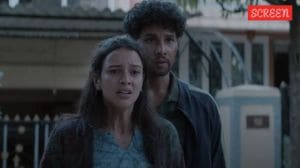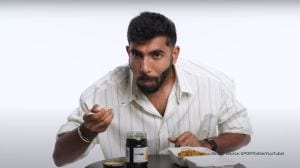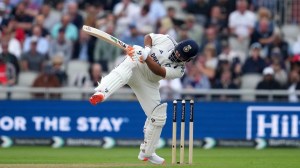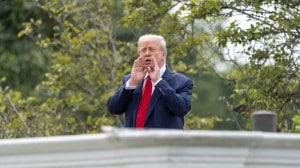Click here to join Express Pune WhatsApp channel and get a curated list of our stories
Pune based filmmaker’s documentary listed by UNESCO for radio day celebrations
Waikar, came up with the idea in 2020, during the pandemic, when he found time to delve into new things.
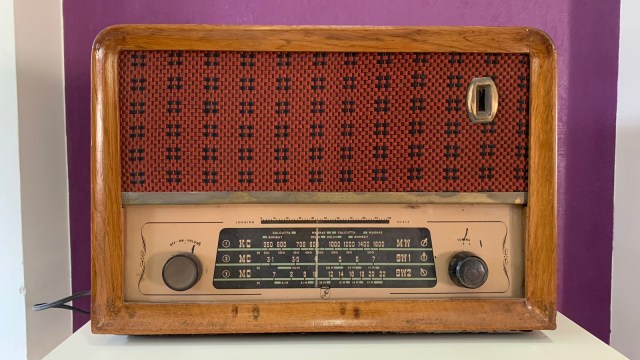 For this year’s celebration of world radio day on February 13, UNESCO has declared the theme as ‘A Century of Informing, Entertaining, and Educating’.
For this year’s celebration of world radio day on February 13, UNESCO has declared the theme as ‘A Century of Informing, Entertaining, and Educating’.When Sunil Shastri recollects memories of the radio, he remembers one he would carry in his shirt’s pocket, plugged-in earphones and tuned in to a cricket match during classes. He would use both his hands to cover this set up and the moment his teacher looked away, Shastri would show fingers in the air to keep his classmates updated on the match score.
Shastri is one of the many radio enthusiasts featured in the documentary film, ‘my radio, my life’. It was produced by Makrand Waikar, 60, a Pune-based, first time filmmaker. It tries to capture how radio influenced the life of people when it was the most dominant medium of communication.
Through the life of radio announcers, radio restorers, teachers at radio schools, seasoned listeners, it explores the fondness the device garnered over the years. Among others, it features Dr V Nallathambi, 85, who went from becoming a Tamil language teacher to a radio announcer. Life then offered him a chance to join the Tamil service of Voice of America. In tears, he recollects his memories of announcing the historic Apollo 11 mission in 1969 and calls it the biggest moment of his life.
For this year’s celebration of world radio day on February 13, UNESCO has declared the theme as ‘A Century of Informing, Entertaining, and Educating’. For the same, they have listed this documentary for collaborations. So across the world, people celebrating can get in touch with Waikar and screen it at their events.
Waikar, came up with the idea in 2020, during the pandemic, when he found time to delve into new things. About the concept he says, “With timecap documentaries, we decided to capture a bygone era. The people that the radio had an impact on, won’t be around a few years down the line. So we decided to document them.”
Waikar works in the scientific information industry. His work entails going through scientific patents and archiving them. He said, “Archiving was the common link between my job and the making of this film,” He had no background in filmmaking but was keen on doing it professionally. He said, “Fortunately we are around places like FTII, NFAI. We attended a lot of workshops, spoke to people, gathered data and developed this concept. We ourselves couldn’t be behind the cameras, so we hired all professionals for cinematography, music, editing, etc”.
The research for the documentary started in 2021 and the shooting in 2022. It took a year and a half after the shoot began to complete the project. As of now, it has been screened at 70 film festivals.
Though Waikar has alluded to historical aspects of the radio like J C Bose and licensing, he chose to not elaborate on them. “The aim of the documentary was to capture the life that revolved around radio, the hints of history are for the audience to pick up and explore on their own”, said Waikar.
Popularly known as ‘Radio man’, Uday Kalburgi who has restored more than 185 vintage radios has also been featured in the documentary. Uday recalled an instance where he visited a family for a prospective arranged marriage. While chatting, he found out that the family had given away their radio to a scrap collector a day before.
Leaving behind the rishta, Uday said, he went on a hunt for the radio and ended up finding it.
Click here to join Express Pune WhatsApp channel and get a curated list of our stories









